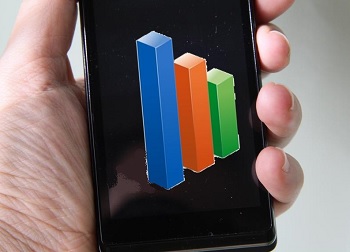Predictions with regards to who would win the Spanish, Israeli and U.K. elections were way off.
During the most recent elections in the United Kingdom, Spain and Israel, pollsters called the outcomes quite firmly and yet they were incredibly wrong and the belief is that the same mistakes may be headed to the U.S. due to mobile technology and the lack of understanding of the Millennial lifestyle.
Still, American pollsters are trying their hardest to avoid those mistakes during the 2016 campaign.
According to the president of the American Association for Public Opinion Research, Mollyann Brodie, who is also responsible for overseeing polling at the Kaiser Family Foundation, “There are a lot of people working hard to make sure similar mis-steps don’t happen here.” However, she and other experts in the field – agree that the pollsters across the United States are currently up against some extremely complicated challenges with regards to their methodologies. These challenges are about as tough as they’ve been since mobile technology first hit the mainstream.
Millennials use their mobile technology to screen calls, throwing off the balance of understanding of voters.
 People in the Millennial generation don’t feel the urgency to pick up the phone when it rings, as has been the case in previous generations. When their mobile technology device rings, they use caller-ID to see who is on the other end, and they feel no obligation to pick up when it’s someone they don’t know, don’t want to talk to, or when they’re simply too busy to pick up.
People in the Millennial generation don’t feel the urgency to pick up the phone when it rings, as has been the case in previous generations. When their mobile technology device rings, they use caller-ID to see who is on the other end, and they feel no obligation to pick up when it’s someone they don’t know, don’t want to talk to, or when they’re simply too busy to pick up.
This, combined with the declining accuracy of the “likely voter” models and swindling budgets have caused sample sizes to shrink dramatically. For this reason, the polls, this year, are facing considerable criticism. There is considerable risk that the predictions in the United States are as inaccurate as they have been elsewhere around the world, and that pollsters could find themselves feeling rather red-faced when the true outcomes are revealed.
A prime example of this challenge occurred when the chief strategist for Hillary Clinton, Joel Beneson tweeted “Seriously CNN?” in response to a poll result the network released, which showed the former secretary of state falling behind Bernie Sanders in Iowa (43-51). The reason for the lack of faith in the figures is that it was discovered that the sample used by CNN was made up primarily of men, and consisted of only slightly over 300 people – which is barely representative of a general population.

